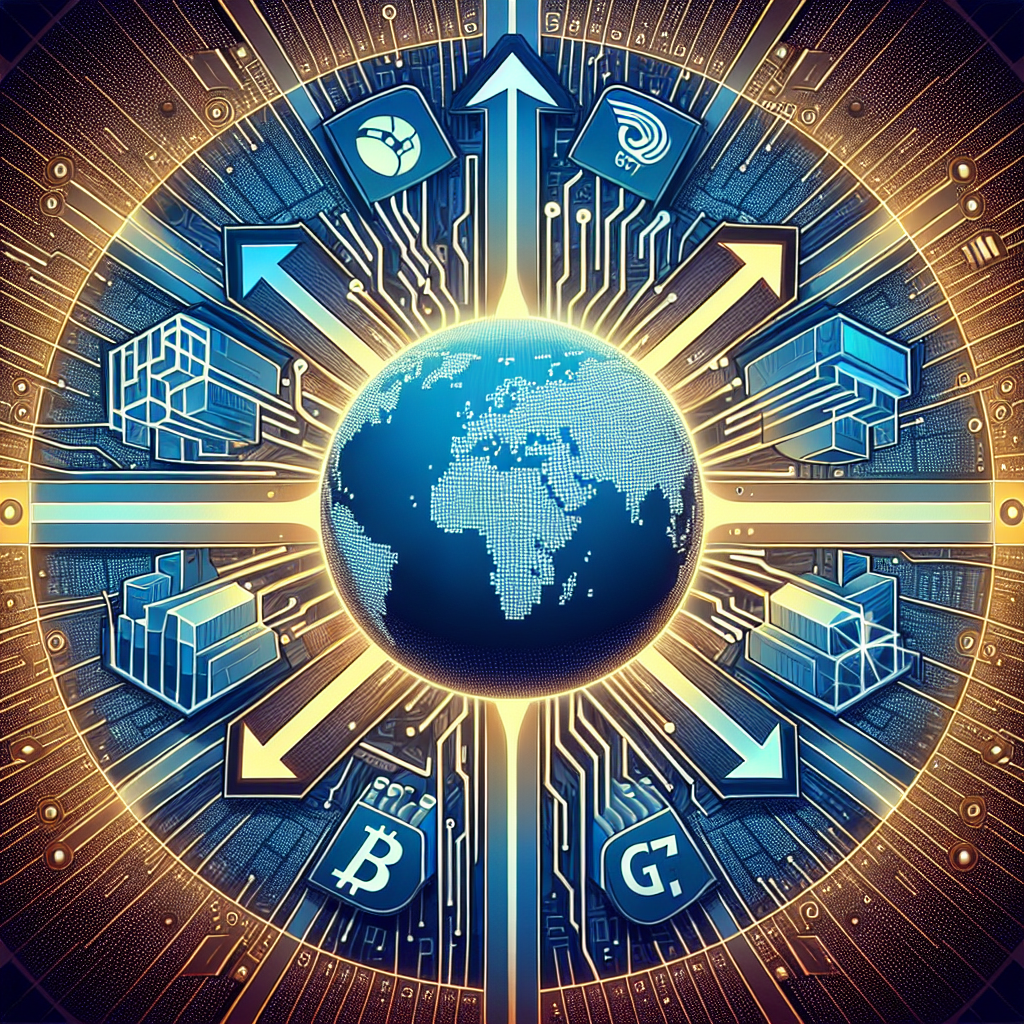Altcoins
Russia Shifts Focus to BRICS and G20, Declares G7 ‘Outdated’ Amid Changing Global Landscape

Russia is increasingly distancing itself from the Group of Seven (G7), branding it as an “outdated” institution while redirecting its diplomatic efforts toward BRICS, the Shanghai Cooperation Organization (SCO), and the G20, which it regards as more relevant forums for global governance. This strategic pivot underscores a significant shift in the geopolitical landscape as Russia seeks to strengthen alliances that can counterbalance Western influence.
In recent statements, Russian officials have emphasized the importance of BRICS—a group consisting of Brazil, Russia, India, China, and South Africa—as a vital platform for enhancing cooperation among emerging economies. This emphasis comes at a time when the G7, which includes Canada, France, Germany, Italy, Japan, the United Kingdom, and the United States, is facing criticism from Russia and other nations for its perceived inability to address contemporary global challenges effectively.
Russian Deputy Foreign Minister Sergey Ryabkov mentioned that the G7 lacks representation of a broader array of interests, positioning BRICS and similar organizations as essential counterparts that acknowledge the diverse perspectives of developing nations. The SCO, established in 2001, is another critical component of Russia’s new focus, facilitating collaboration on security, economic, and cultural issues among member states, which include China, India, and several Central Asian nations.
The G20, comprising both developed and emerging economies, has emerged as a critical forum for discussing global economic policy. Given the diverse membership, it provides a more balanced viewpoint on matters impacting the global economy compared to the G7. Analysts note that Russia’s shift toward these groupings reflects a desire to reclaim influence over international discussions that have increasingly favored Western narratives.
This strategic realignment has garnered interest among other countries as well. Nations that feel marginalized by Western-led initiatives are increasingly gravitating towards BRICS and SCO, viewing these platforms as opportunities to advocate for their interests. This is particularly pertinent as the ongoing global economic uncertainties and the challenges brought on by geopolitical tensions necessitate a more multipolar approach to international relations.
As Russia embarks on this new diplomatic journey, it is also intensifying its focus on regional integration efforts within sectors such as trade, investment, and technology. The country has been advocating for the establishment of more robust financial mechanisms within BRICS, aiming to reduce dependency on Western financial systems. For instance, Russian officials have pushed for the use of national currencies in trade agreements to facilitate smoother transactions and enhance economic sovereignty among BRICS members.
At the same time, the bloc has witnessed an expansion of interest from other nations eager to join its ranks. Countries across the globe are seeking membership or partnership with BRICS, indicating a clear desire for an alternative economic alliance that can provide a counterweight to Western-dominated frameworks. This situation poses challenges for the G7, which may struggle to maintain its prominence on the global stage amid the rising influence of alternatives highlighted by Russia.
The discourse around these shifting alliances is not merely theoretical; rather, it reflects the ongoing recalibration of international relations in response to evolving global dynamics. As BRICS, SCO, and G20 continue to grow in relevance and stature, their ability to effectively address pressing global issues, including climate change, economic instability, and regional conflicts, will play a pivotal role in shaping the future of global governance.
The reaction from the G7 has been mostly dismissive of Russia’s claims, with leaders from member countries asserting that the G7 remains a vital forum for promoting democratic values and economic stability. However, Russia’s criticisms resonate with certain countries and blocs seeking a redefined role in global affairs, potentially leading to divergent paths in international policymaking.
As the landscape shifts, it remains to be seen how the G7 will adapt to maintain its influence while countering the growing legitimacy of BRICS and other emerging coalitions. The coming years will be crucial as the dynamics of international relations continue to evolve, potentially reshaping the balance of power on the global stage.
Overall, Russia’s deliberate focus on BRICS and G20, combined with its critique of the G7, signifies a profound transformation in global diplomacy and highlights the increasing importance of multi-faceted alliances in an interconnected world.
-

 Press Releases2 years ago
Press Releases2 years agoGaming Technologies of the New Time!
-

 Altcoins11 months ago
Altcoins11 months agoBitcoin Declines Below $80K: deVere CEO Nigel Green Remains Bullish on Long-Term Outlook Following Strategic U.S. Bitcoin Reserve Announcement
-

 Altcoins11 months ago
Altcoins11 months agoCalls for Enhanced Discussion on Bitcoin as Brazil’s Reserve Asset: A Move Towards ‘Internet’s Gold’
-

 Bitcoin1 year ago
Bitcoin1 year agoBitcoin Surges Past $64K as SEI and POPCAT Lead Daily Crypto Gains on September 25
-

 Press Releases2 years ago
Press Releases2 years agoEvo Exchange: Redefining the Decentralized Exchange Landscape
-

 Bitcoin7 months ago
Bitcoin7 months agoGrayscale Investments Submits Draft Registration for IPO, Aiming for Public Trading in U.S.
-

 Press Releases1 year ago
Press Releases1 year agoCODE, a Newly Born Project Brings Decentralization Back to the Main Menu
-

 Bitcoin7 months ago
Bitcoin7 months agoPeter Schiff Critiques New Crypto Legislation, Claims Bitcoin (BTC) Gains are Short-Lived




